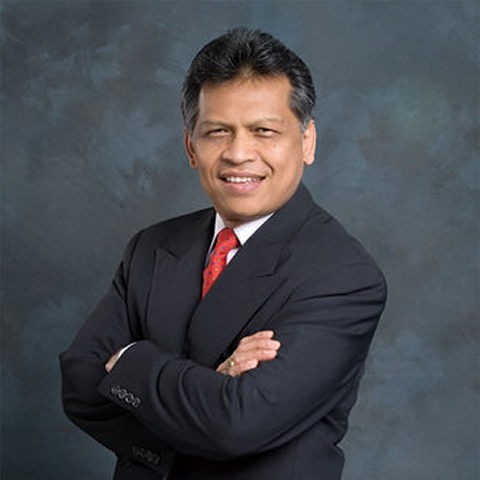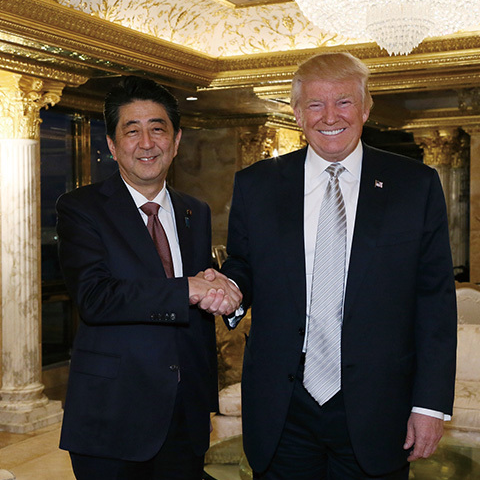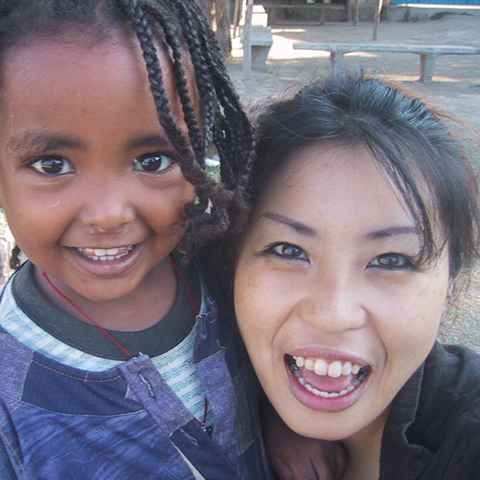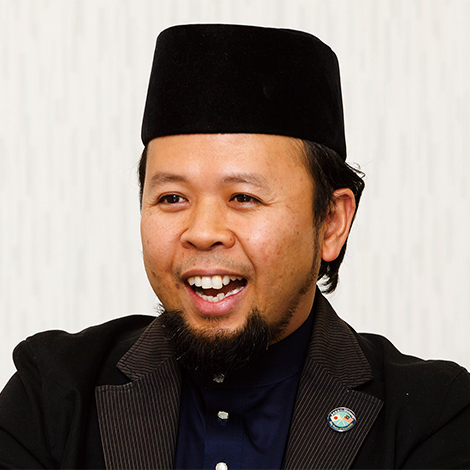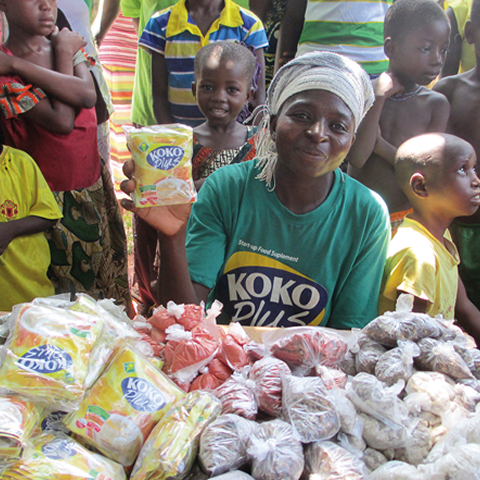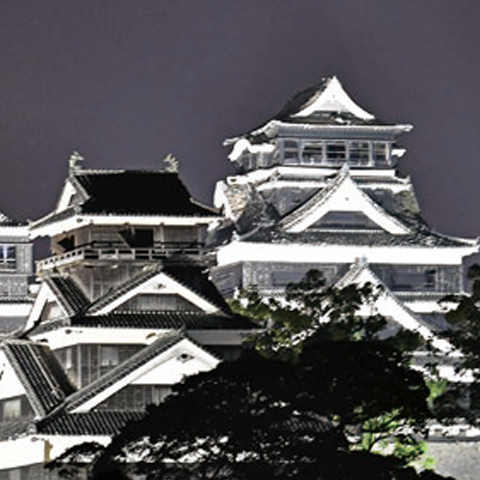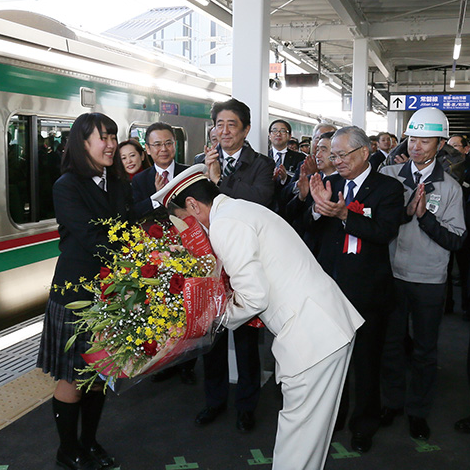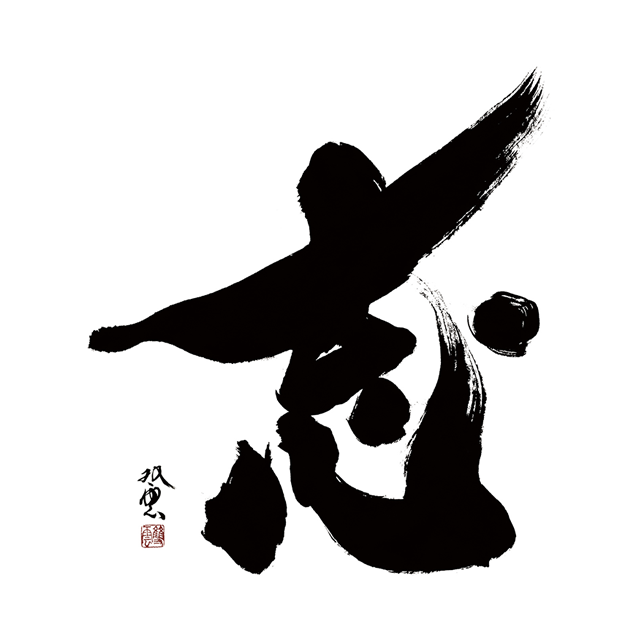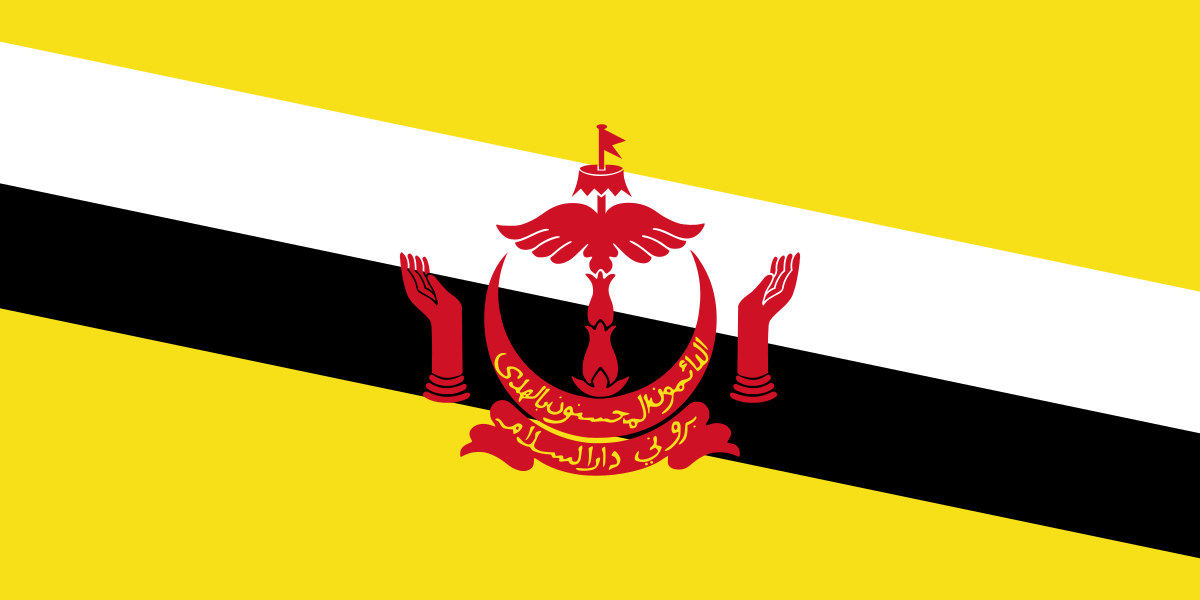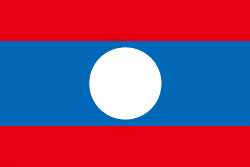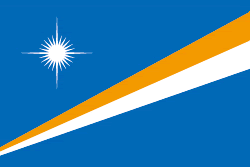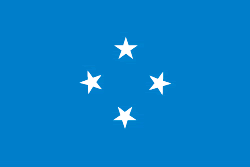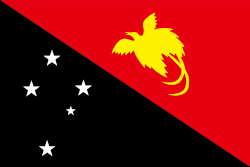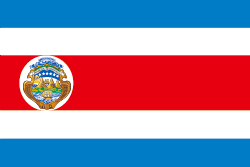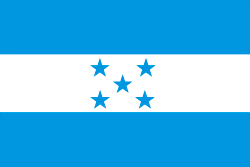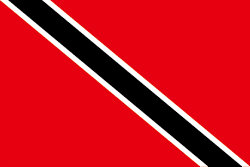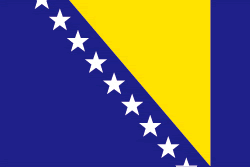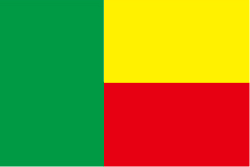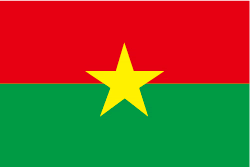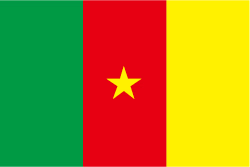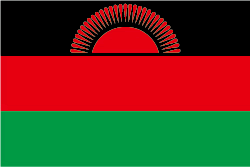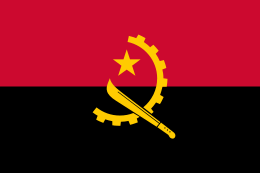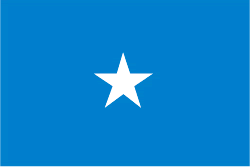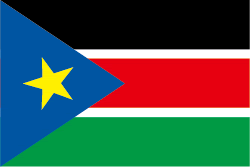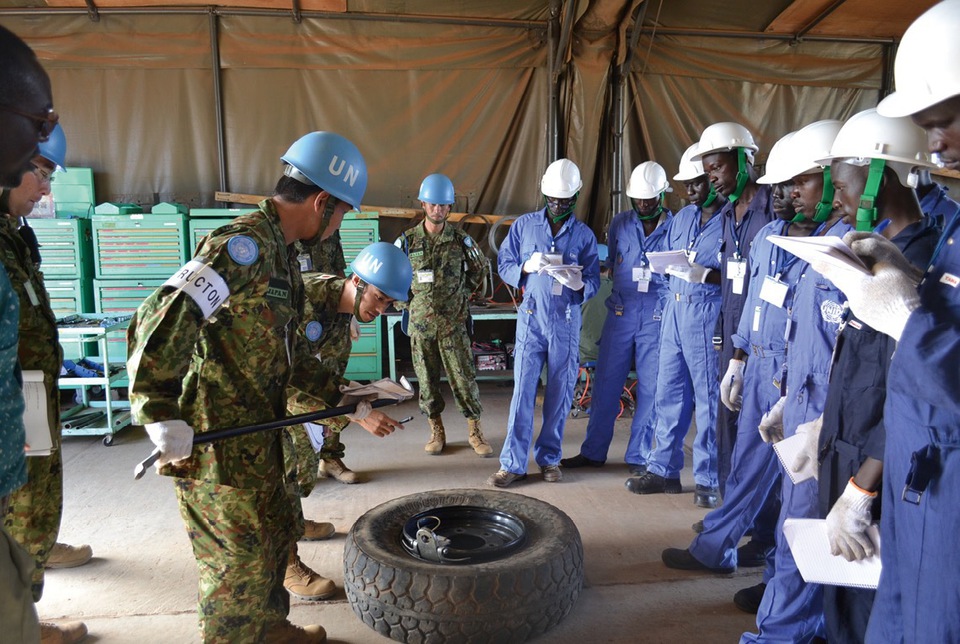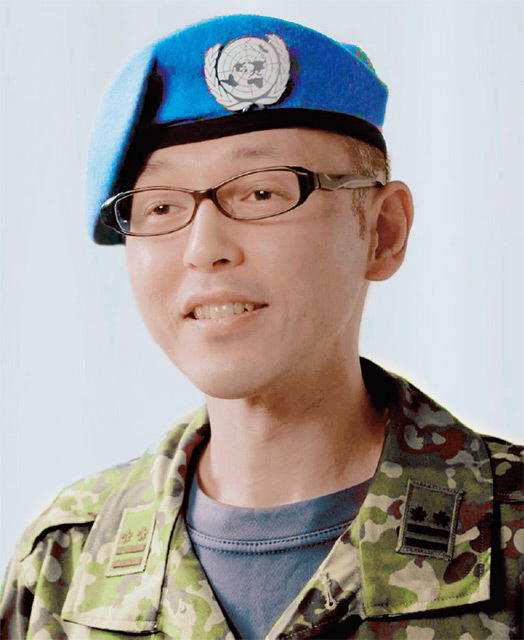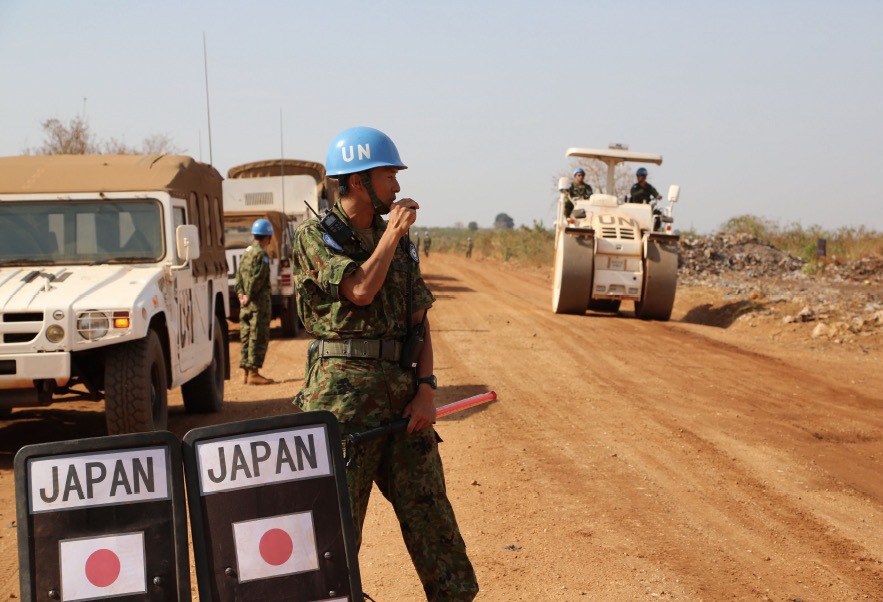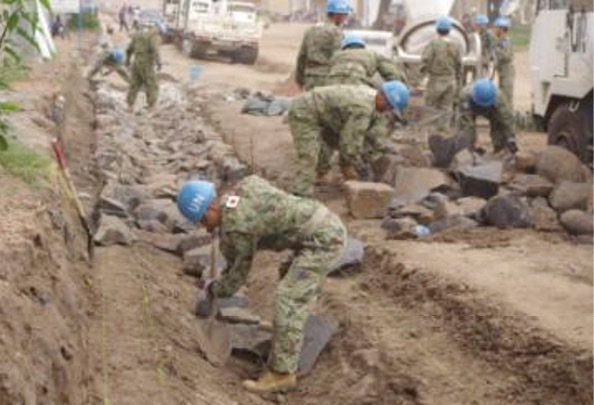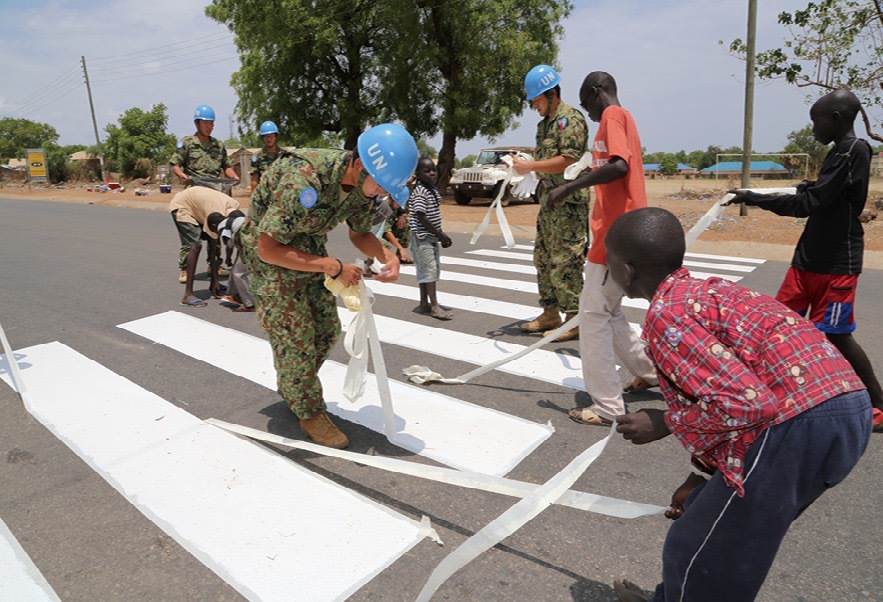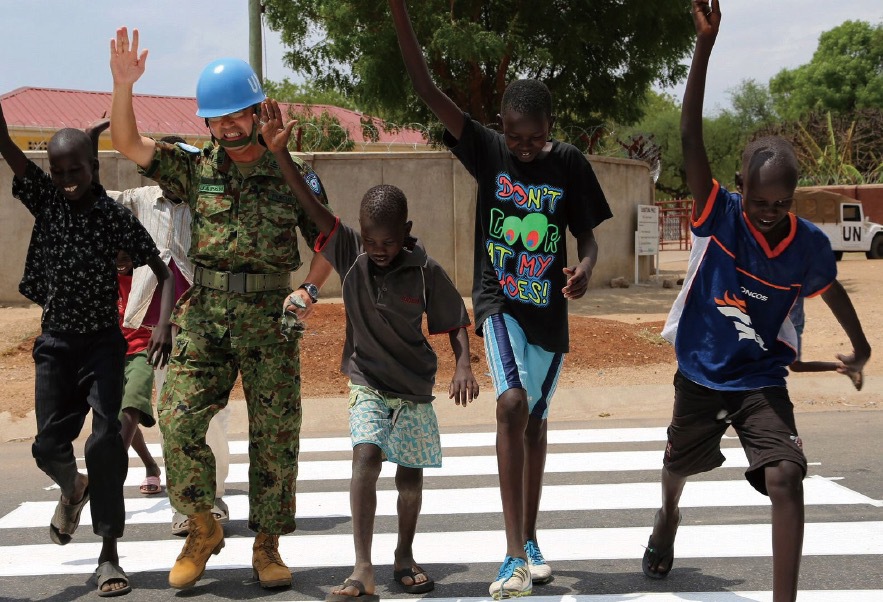Japan has been contributing to the international community in security as well as in other areas. Its contributions include the dispatch of contingents from the Japan Self-Defense Forces (SDF) to participate in United Nations Peacekeeping Operations (PKO). The first PKO dispatch of an engineering unit from the SDF was to Cambodia in 1992–93. Since then, Japan has participated in a number of these operations, including one in Timor Leste from 2002 to 2004. Additionally, since 2011, SDF personnel have been taking part in the United Nations Mission in the Republic of South Sudan (UNMISS).
In 2011, following a long civil war, South Sudan became an independent nation. Then, fighting between government forces and rebels broke out in 2013, and the country is still far from achieving internal security or economic stability. UNMISS, composed of approximately 14,000 armed forces personnel and police officers from countries around the world, is conducting activities that include the protection of civilians, monitoring the human rights situation, and the establishment of conditions to enable the implementation of humanitarian assistance. Presently there are four staff officers and an engineering unit of approximately 350 members from Japan.
The engineering unit from Japan is based in Juba, the capital city, and has brought in heavy equipment. Before the security situation deteriorated in 2013, the unit contributed to nation-building in South Sudan with infrastructure improvement activities including arterial roadway construction and repair in the Juba area and site-preparation work inside and outside U.N. facilities. When the security situation worsened in 2013, some 30,000 residents took temporary refuge in U.N. facilities. On this occasion, the Japanese contingent also worked to supply water, install toilets, and provide medical care for the refugees. Since May 2014, when the mandate was revised, the unit has mainly been involved in activities contributing to the protection of civilians, such as structural reinforcement work on U.N. facilities, along with road repairs and improvement and site preparation both inside and outside the U.N. facilities.
The Japanese contingent also conducts activities in tandem with other providers of international assistance. These undertakings include ODA-related activities, such as work on community roads and drainage ditches, as well as participation in the construction of temporary camps for returnees by the Office of the United Nations High Commissioner for Refugees (UNHCR).
Lieutenant Colonel Yuichi Nagata of the Ground Self-Defense Force, who was the deputy commander of the fifth engineering unit from December 2013 to May 2014, explains the SDF’s activities as follows:
“The engineering unit has been conducting repair and improvement work on community roads and arterial roadways. The fifth unit, to which I was assigned, also installed drainage channels in refugee camp locations where there was a high likelihood of flooding from heavy rains. We encountered extremely tough challenges, but we overcame them through our desire to protect people’s daily lives.
“During the intervals between missions, engineering unit members from other units interacted with local residents by visiting facilities such as elementary schools and orphanages. One unit installed a pedestrian crosswalk on an arterial road for children’s safety. More recently, unit members have been working together with local residents to clean up community roads repaired by previous units. The unit has also started to provide vocational training support for the young people who will build the future of South Sudan.”
Nagata declares, “The fighting continues, but I hope that my comrades now in South Sudan will work hard so that the assistance from Japan can become a symbol of security and peace.”
Japan will continue its activities as a responsible member of the international community in order to contribute to global peace and stability.
Kichie Zuirin, one of the five JOCVs first dispatched to Laos in 1965, checks agricultural produce.
Kichie Zuirin, one of the five JOCVs first dispatched to Laos in 1965, checks agricultural produce.
Preserve Peace in South Sudan


























